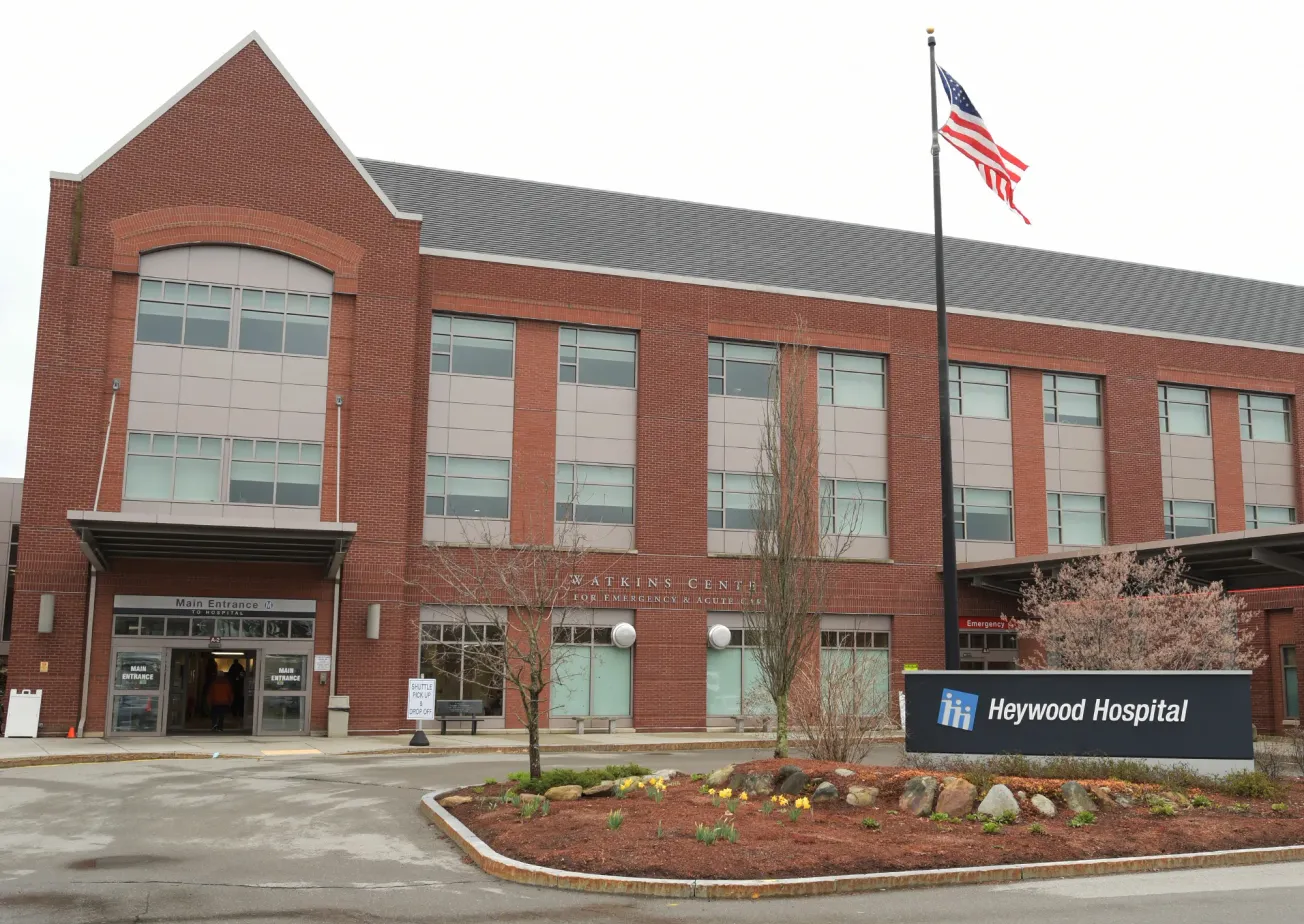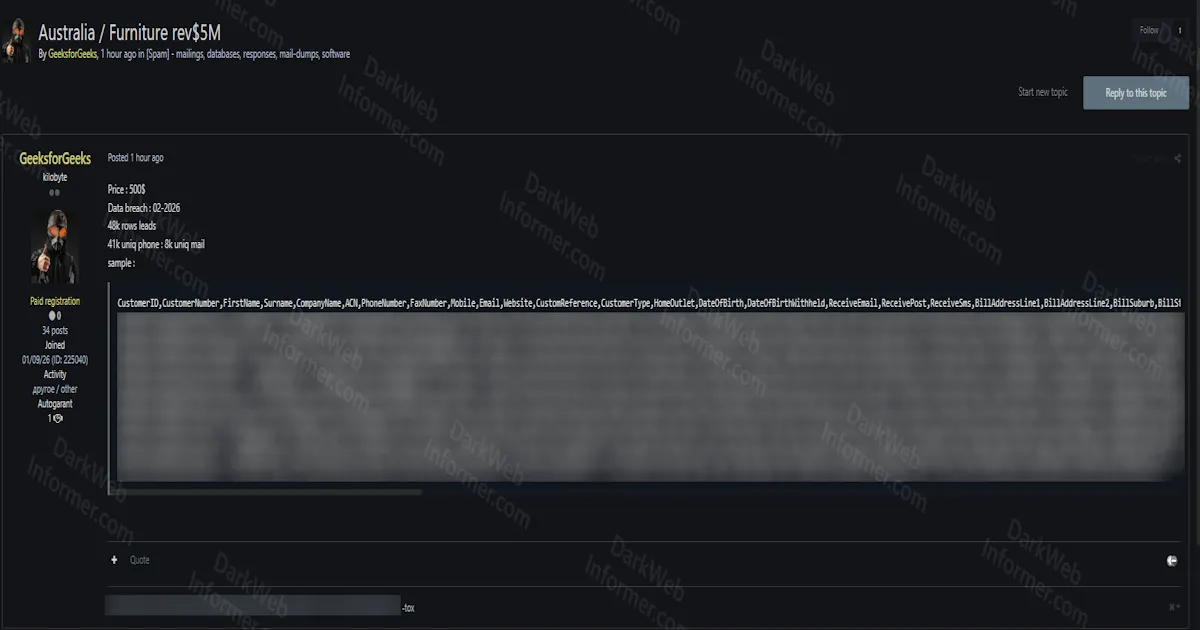A cyberattack has caused major network disruptions across two North Central Massachusetts hospitals, the 134-bed Heywood Hospital in Gardner and the 25-bed Athol Hospital in Athol, both operated by Heywood Healthcare.
The incident was detected last week, prompting the immediate shutdown of systems to protect patient safety and data. A Code Black was declared, and the emergency department at Heywood Hospital was temporarily closed to incoming ambulances, which were redirected to nearby facilities. Radiology and laboratory services were also impacted.
The attack took down the organization’s internet connection, email, and phone systems. While communication systems have since been largely restored, intermittent issues persist. On Thursday, October 16, 2025, Heywood Healthcare confirmed the disruption stemmed from a cybersecurity incident and engaged a third-party security firm to assist with investigation and recovery efforts. The Athena patient portal remains operational for communication with providers, and an answering service is available as a backup.
Heywood Healthcare emphasized that patient care remains its top priority. Both hospitals, along with Heywood Medical Group, continue to provide in-person care despite the outages. The organization is collaborating with cybersecurity specialists to restore systems as quickly as possible but has not provided a timeline for full recovery. The nature of the attack, including whether ransomware was involved, has not been disclosed, and no threat group has claimed responsibility. At this stage, it remains unclear if patient data was accessed or stolen.
This incident highlights the ongoing cybersecurity challenges faced by healthcare providers. A recent Ponemon Institute survey, commissioned by Proofpoint, found that 93% of healthcare organizations experienced at least one cybersecurity event in the past year, with 72% reporting incidents that directly disrupted patient care. Reported effects included cancelled appointments, delayed admissions, extended hospital stays, increased medical complications, and even higher mortality rates following attacks.







